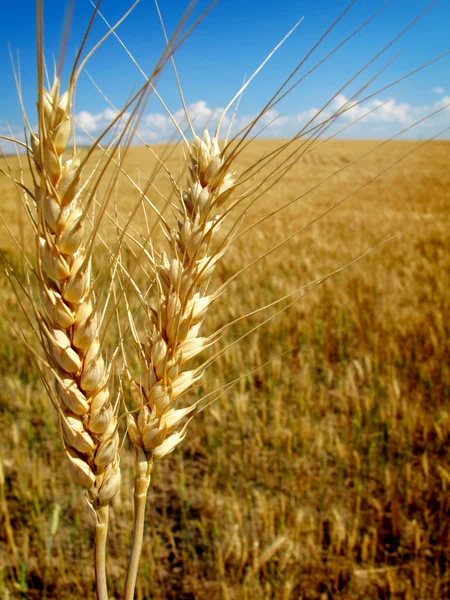Russia’s decision to supply wheat to Mali signals a deepening of diplomatic ties and commercial relations between the two nations. This move is not merely a transactional exchange of goods; rather, it represents a strategic effort to foster mutual cooperation and solidarity in an ever-changing global geopolitical landscape. The strengthened alliance has the potential to open doors to diverse economic opportunities and strategic partnerships, further solidifying Russia’s presence in Africa.
The recent termination of the agreement that allowed Ukraine to export grain from Black Sea ports has sent ripples through the global grain market. Ukraine, known as one of the world’s largest wheat producers, held a significant position in the supply chain, affecting food prices worldwide. The abrupt end to this arrangement has led to shifts in grain dynamics, creating uncertainties and challenges for nations reliant on Ukrainian grain imports.
As the aftermath of Russia’s actions in Ukraine reverberates across the world, African countries have been among the hardest hit by the surge in food prices. The continent’s economies, already grappling with multiple challenges, are now confronted with additional burdens due to the rise in grain costs. The decision by Russia to supply wheat to Mali comes at a critical time, where the stability of food supplies for African nations remains a pressing concern.
With African countries significantly impacted by the global grain dynamics, the issue of food security takes centre stage. Ensuring a stable and sustainable food supply is essential for the well-being of millions across the continent. As Russia bolsters its ties with Mali, it becomes crucial to assess how this collaboration can contribute to enhancing food security in the region and mitigate the challenges posed by the rise in food prices.
It is paramount to closely monitor the unfolding dynamics between Russia and Mali and their ramifications for Africa’s economic future. This partnership has the potential to not only impact the grain trade but also pave the way for broader collaborations in diverse sectors, including infrastructure, energy, and technology. By fostering a balanced and equitable relationship, Africa can leverage its partnerships with both Russia and Ukraine to create opportunities for economic growth and development.
Russia’s wheat supplies to Mali mark a significant step in strengthening diplomatic ties and forging economic bonds between the two nations. As the global grain dynamics evolve in the aftermath of Russia’s actions in Ukraine, the implications for African countries’ food security and economic stability are profound.

